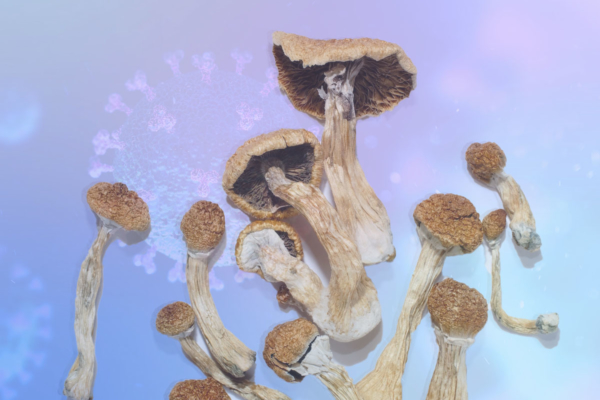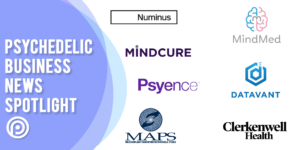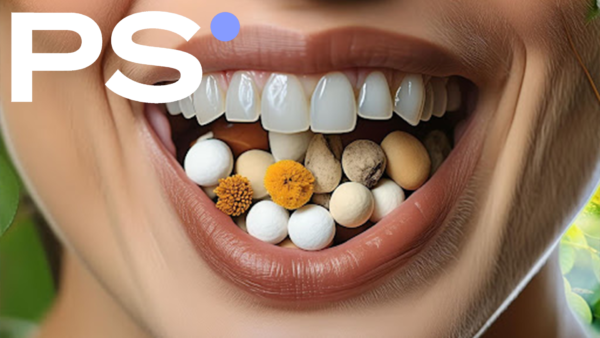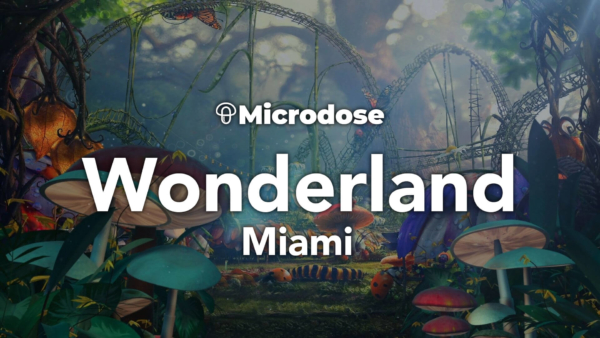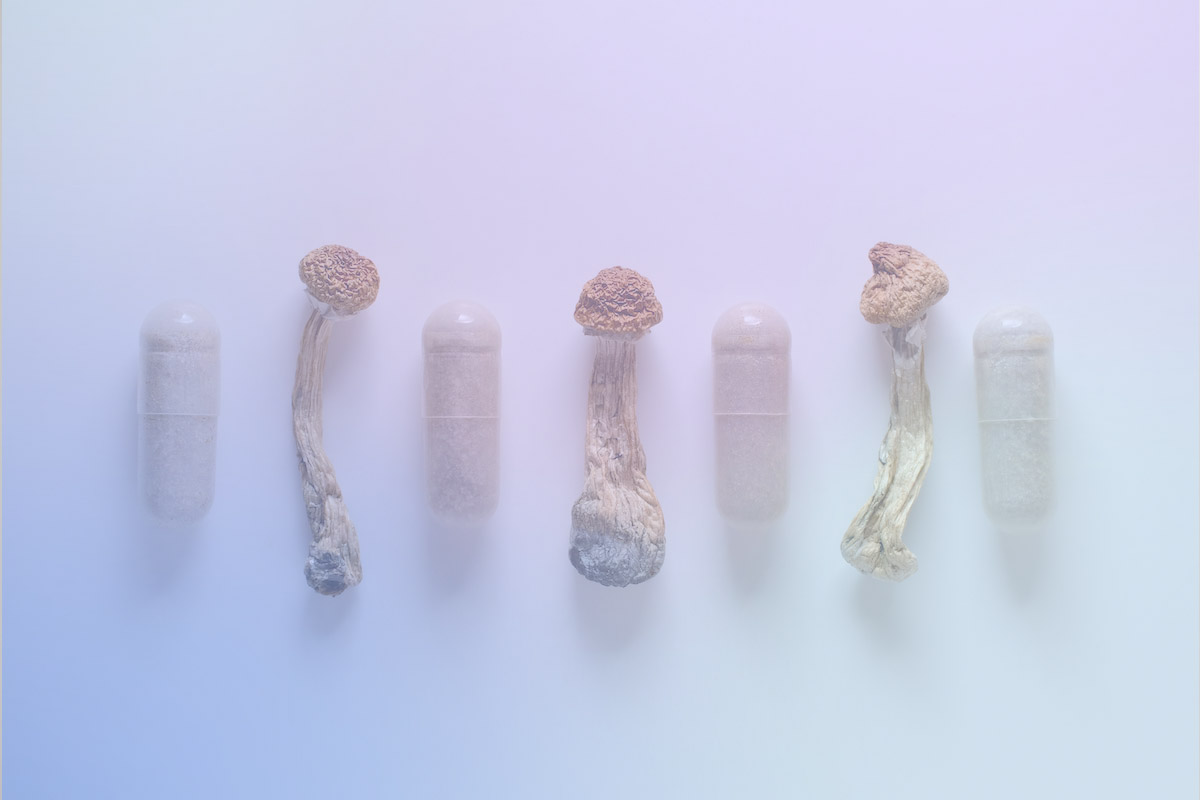
Psilocybin, the hallucinogenic compound in magic mushrooms, has long been thought to be beneficial in treating mental health conditions when combined with therapy. Most famously, many are using the entheogen as a medicine against depression. But research into the compound’s healing ability is not limited there, and there is study into whether the drug can treat PTSD, Alcohol Use Disorder, Generalized Anxiety Disorder and more.
Now, a new front has opened in the psychedelic war against mental health conditions: eating disorders and obesity.
On Wednesday, NeonMind Biosciences (CSE: NEON) (OTCQB: NMDBF) released data from a preclinical animal study, demonstrating “the efficacy of psilocybin in reducing weight gain in obese subjects.” Previously, the company had completed a similar study in healthy animal subjects, which also showed the psychedelic reduced weight gain.
Importantly, NeonMind found that psilocybin, or more specifically the company’s version of psilocybin, had the ability to target visceral fat. This is essential since, according to NeonMind, “Increased visceral fat is linked to poorer cardiometabolic health and reduction in this type of fat is important in weight loss and better overall health outcomes.”
In their recent study testing obese animals, NeonMind had several additional findings:
- There was statistical significance for both absolute and relative weight gain compared to the control group;
- Efficacy was seen within days of administration;
- There was reduced food consumption compared to the control group; and
- There were no negative safety signals.
In other words, in animal subjects at least, psilocybin appeared to be a safe and effective medicine to reduce weight gain. Though, of course, we will have to wait to see the full data released before coming to any final conclusions. NeonMind says a manuscript “has been submitted to a leading industry peer-reviewed journal” and is currently under review for publication.
Now, to be clear, animal trials are the very first step. After this positive data, similar trials must be designed for humans. NeonMind says that the data from this trial will help them progress two versions of psilocybin through the development pipeline, NEO-001 and NEO-002. Eventually, one or both of these compounds should make it to Phase 1 clinical trials.
Looking elsewhere, other companies and institutions are also working with psilocybin or other psychedelics to treat eating disorders. For example, Compass Pathways (Nasdaq: CMPS), through an investigator initiated study, is set to attempt treating Anorexia Nervosa in a Phase 2 trial, using their patented Comp-360 psilocybin.
Likewise, Tryp Therapeutics (CSE: TRYP) (OTCQB: TRYPF) has begun recruitment for their Phase 2 trial, attempting to treat Binge Eating Disorder with their version of psilocybin, TRP-8802. According to their interim CEO, Jim Gilligan, “The key objective of this clinical trial is to confirm that the neuroplasticity attributes of psilocybin will help create healthy neural connections that address the unhealthy eating behaviors of patients with binge eating disorders.”
And, as I wrote last week for Psychedelic Spotlight, the non-profit MAPS is attempting to treat various eating disorders with MDMA. The institution recently completed a study which looked at the decrease in eating disorder symptoms in PTSD patients who were treated with MDMA therapy. And while that study had positive results, it was by no means conclusive. MAPS plans on running an open-label Phase 2 study this year, attempting to treat eating disorders with MDMA-assisted therapy.
Hopefully these trials yield positive results, as the need for treatments for eating disorders is high. As I wrote last week, eating disorders are the second deadliest mental illness, after opioid addiction.The problem is huge, with 9% of the American population expected to battle with one at some point in their life. Tragically, 26% of Americans with eating disorders make an attempt on their own life, and each year 10,200 succeed. That’s one death every 52 minutes.
If psilocybin and other psychedelics can be effective medicines to battle these psychological illnesses, there may be hope for the millions of people suffering world-wide.
Are you interested in a psychedelic experience, but are worried that you may be genetically predisposed to having a bad trip? Consider using the HaluGen Genetic Test Kit, a genetics-based psychedelics pre-screening technology which helps to evaluate your overall sensitivity and risk profile before using hallucinogenic drugs.
The HaluGen Genetic Test Kit consists of a simple nasal swab that you can self-administer from home. The test screens 6 genetic markers to determine if you are genetically predisposed to a “bad trip”. Once you have completed the test, you should expect your DNA test results from their lab within days.
Use this link to get a HaluGen Test Kit today! When checking out, use coupon code PYSCspotlight for 10% off! (While supplies last).
